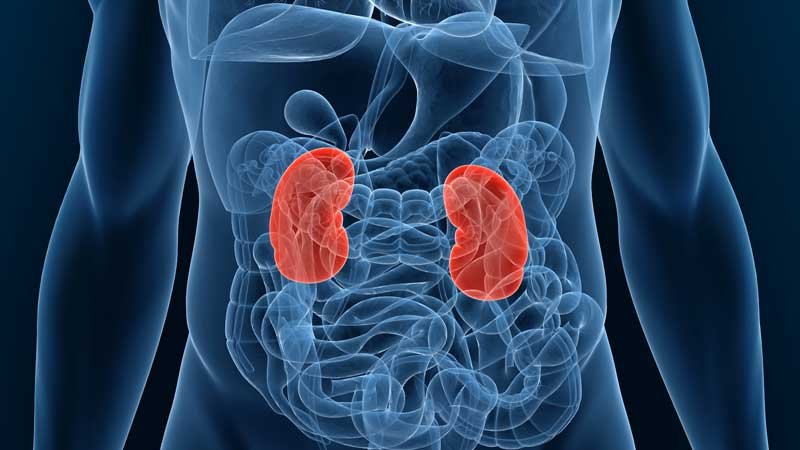In a groundbreaking collaboration between bariatric and transplant surgery teams, a ray of hope has emerged for patients grappling with end-stage renal disease compounded by obesity
In a groundbreaking collaboration between bariatric and transplant surgery teams, a ray of hope has emerged for patients grappling with end-stage renal disease (ESRD) compounded by obesity. The study, detailed in the Journal of the American College of Surgeons (JACS), investigates the impact of metabolic and bariatric surgery on ESRD patients and its potential to enhance their suitability for kidney transplants.
Dr. Anil Paramesh, MD, MBA, FACS, the corresponding study author and a distinguished professor of surgery, urology, and pediatrics at Tulane University School of Medicine, spearheaded the initiative.
Recognizing the escalating crisis of obesity in the United States and its profound implications for transplant candidacy, Dr. Paramesh established the Collaborative for Obesity Research in Transplantation (CORT) initiative. “We recognized the urgent need to address this issue, especially in underserved populations who suffer the most from obesity-related diseases,” stated Dr. Paramesh.
For individuals battling end-stage renal disease (ESRD), options are limited, often confined to the burdensome routine of dialysis. Dr. Paramesh emphasized the toll this takes on patients, both financially and in terms of quality of life.
Spanning from January 2019 to June 2023, the study tracked 183 ESRD patients referred for bariatric surgery. Of these, 36 underwent weight loss surgery, with 10 subsequently receiving kidney transplants.
Encouragingly, the results showcased a remarkable 27% reduction in average BMI at the time of transplant, coupled with marked enhancements in managing hypertension and diabetes. This holistic improvement in managing comorbidities not only bolstered patients’ overall health but also augmented their transplant suitability.
Dr. Paramesh underscored the significance of this collaborative endeavor in addressing the prevalent issue of transplant exclusion due to obesity. He expressed optimism that the program could serve as a beacon of hope for previously ineligible patients while advocating for amplified education and accessibility.
“Bariatric surgery transcends mere weight loss; it tackles grave conditions like diabetes, hypertension, and sleep apnea. By addressing these underlying health disparities, particularly affecting marginalized communities, we not only facilitate weight reduction for transplant eligibility but also champion broader healthcare equity,” affirmed Dr. Paramesh.
However, the study encountered its share of hurdles, including a notable drop-off rate among patients reluctant or unable to undergo surgery. Additionally, unique postoperative complications such as hypotension posed challenges, prompting a call for enhanced patient support and education.
Dr. Paramesh stressed the imperative of ensuring potential candidates grasp the transformative benefits of weight loss surgery in bolstering their transplant eligibility.
Looking ahead, the authors advocate for further exploration into the distinctive postoperative complications ESRD patients may encounter following weight loss surgery.
In conclusion, the collaborative study between bariatric and transplant surgery teams offers a glimmer of hope for ESRD patients grappling with obesity. By illuminating the transformative potential of metabolic and bariatric surgery, this research paves the way for a paradigm shift in transplant candidacy criteria, fostering inclusivity and equitable access to life-saving interventions.
